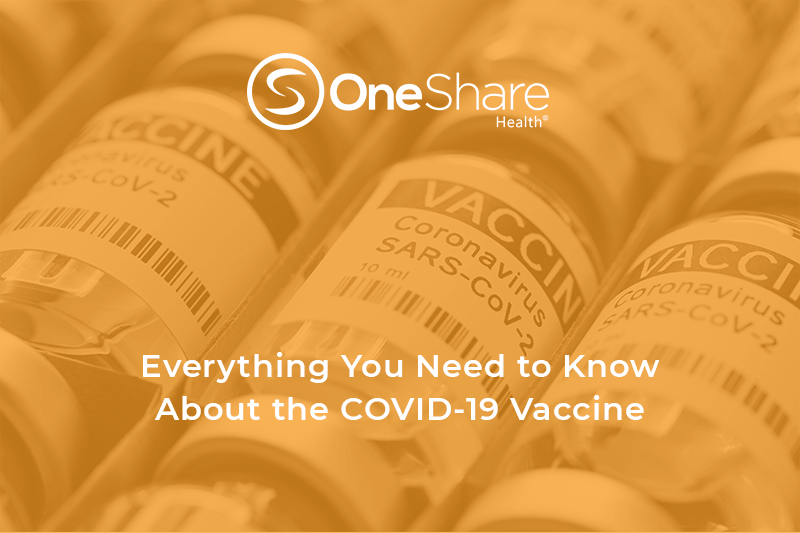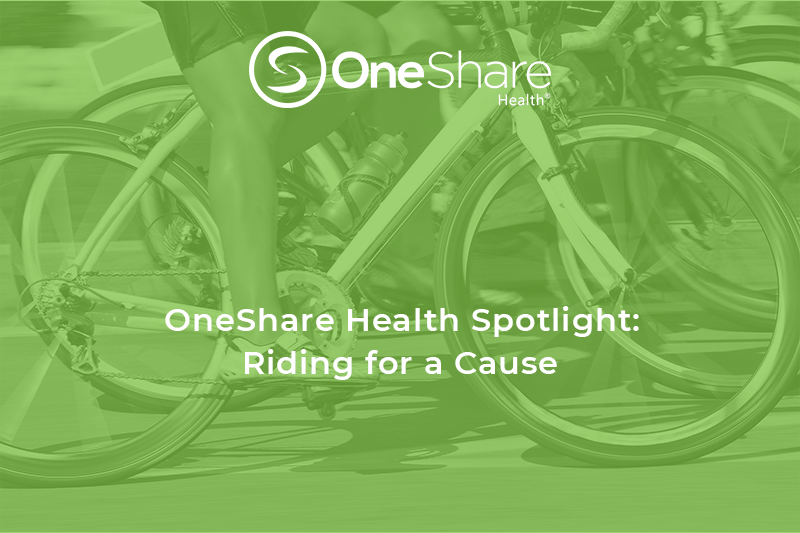To many, the arrival of the COVID-19 vaccine signifies the end of the destructive pandemic that has been disrupting the world since last year. Countries around the globe have begun authorizing the use of vaccines for the virus, a disease that has resulted in over 95 million cases and more than 2 million deaths worldwide.
But there's still much trepidation about getting the vaccine considering how fast it was developed. How was it created? What is in it and how does it work? In this post, we'll demystify the vaccine that is supposed to put a stop to this pandemic and provide more insight into the latest COVID-19 vaccine updates.
How were the COVID-19 vaccines developed?
Under normal circumstances, developing a vaccine takes up to 10 to 15 years depending on its complexity, so it's natural that there's much apprehension about the effectiveness of the COVID-19 vaccine. However, research on coronaviruses and adenovirus-based vaccines were already underway before the pandemic started. This gave scientists the necessary experimental experience and groundwork for COVID-19, eliminating the need to start from scratch.
Time was a luxury the world could not afford, and researchers quickly mobilized and collaborated with other scientists to share coronavirus data, allowing them to fast-track research and clinical trials. In fact, only about 10 days after the first reported pneumonia cases in Wuhan, China, researchers were already able to uncover the viral sequence of SARS-CoV-2.
Furthermore, given that vaccine research tends to be quite costly, organizations had to get funds from both the government and private sectors to accelerate the development of the vaccine. For instance, the U.S. Operation Warp Speed sought the help of the NIH and CDC to develop, manufacture, and distribute millions of doses by 2021. By having multiple vaccines and vaccine platforms ready, the probability of having a successful COVID-19 vaccine available by 2021 increased exponentially.
How COVID-19 vaccines work
The vaccines for COVID-19 help our bodies develop immunity to the virus without our ever having to get the illness. While different types of vaccines work in varying ways to offer protection, all vaccines give the body a supply of "memory" T-lymphocytes and B-lymphocytes that will remember how to fight the virus in the future.
The human body typically takes a few weeks to produce these components after receiving the vaccine. COVID, then, regardless of when it infected the person, can still make them sick. In some cases, people can also exhibit symptoms like fever after vaccination, but these are normal and a sign that the body is building immunity.
Can the COVID-19 vaccine be the way back to normalcy?
The latest COVID-19 vaccine updates offer a beacon of hope for the future, a passage back to normalcy. It seems that the vaccine could really be a tool that will help the world go back to normal. But it won't happen without the help of medical professionals and other frontliners who are still tirelessly working to assist the public in fighting against the virus.
In an effort to fast-track administering shots and free up health care workers battling the pandemic in overcrowded hospitals, states have reached out to medical and nursing students, and even firefighters, to help. The volunteers received online training, as well as live training sessions, so they can get started.
In nursing schools, the training students received was unavoidably changed by the pandemic too. The training has become more focused on technology, with programs utilizing high-fidelity simulations and virtual experiences to replicate in-person experiences. Educators have also zeroed in on telecommunication skills and techniques to design and deliver creative solutions to make up for the decreased availability of clinical settings, all while delivering effective education that meets professional standards and desirable learning outcomes.
Indeed this change is being seen across the health care industry with many careers in nursing now shifting to integrate crucial skills in IT and technology. Nurses are trained to use telemedicine tools in order to give treatment from a distance, and this practice will likely continue as the vaccine is being rolled out to the general public.
Tech also plays a big part in training nurses and other medical professionals across the globe to administer the COVID-19 vaccine. Those who volunteered are being asked to undergo a stringent process that includes appropriate training and checks, this way they are better equipped to handle the vaccine, regardless of their background in health care. Among the requirements is receiving online training, which ensures they are up to speed on the protocols and delivery, arming them with the skills to safely vaccinate patients in line with government health standards.
COVID-19 Vaccine: A hope for the future
While the COVID-19 vaccine offers the strongest chance of ending this raging pandemic, everyone still has the responsibility to continue wearing masks and practicing social distancing. The combination of getting vaccinated and following precautions remains the best protection against the virus.
One thing to remember is that the COVID-19 vaccine should not be considered a light switch that will magically make everything go back to normal. Experts say it's going to take some time, and activities we've gotten used to doing, like going to sporting events and concerts, will still be out of reach, at least for a little while longer.
Lastly, COVID-19 will not disappear once the vaccine is fully deployed. It will still be circulating and will likely be with us for the foreseeable future. This is why is it crucial to practice social distancing, wear a mask and visit with your medical professional about receiving the vaccine.
Written by Renee Jordan
For the exclusive use of onesharehealth.com

“And my God will supply every need of yours according to his riches in glory in Christ Jesus.”
Philippians 4:19 (NIV)












